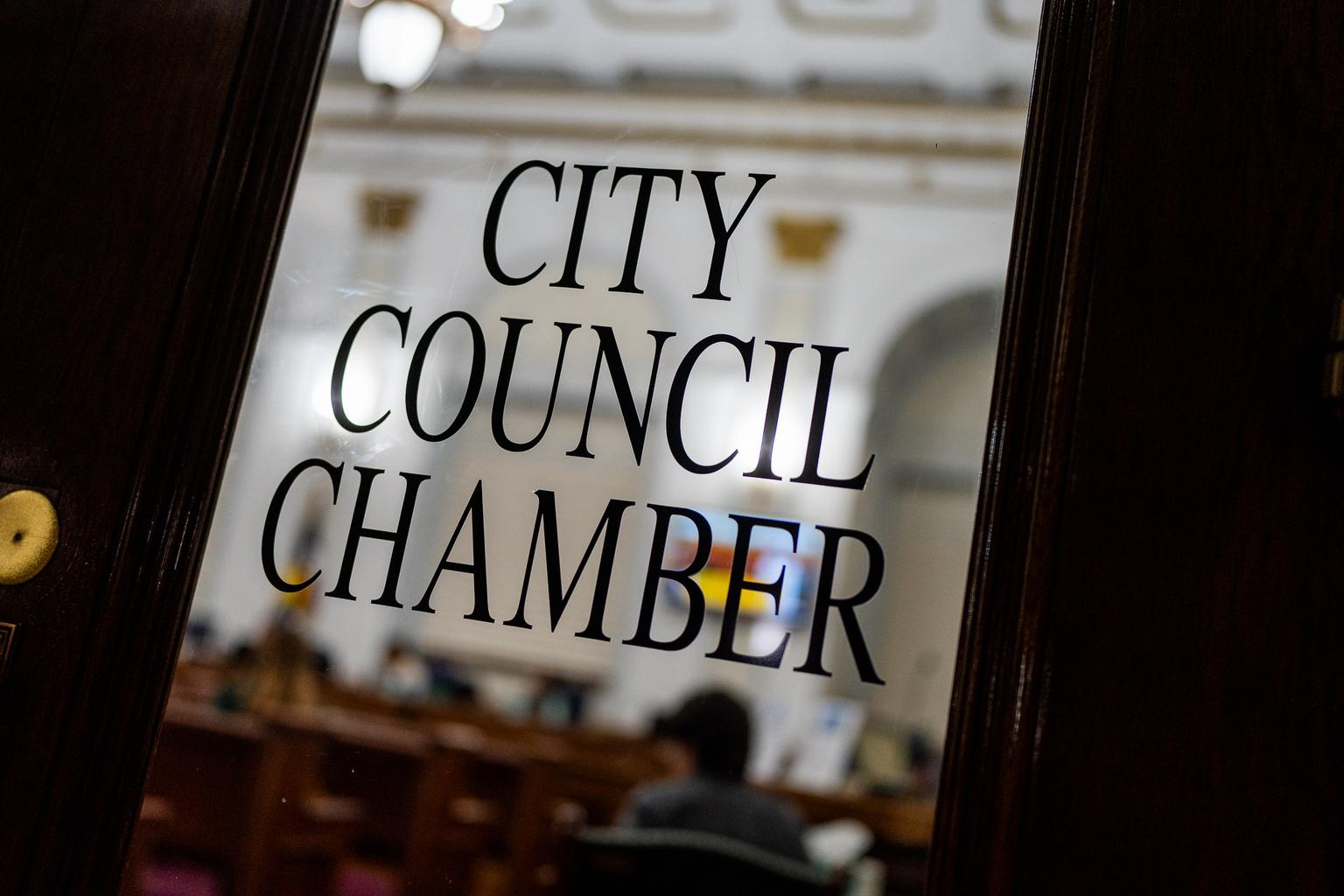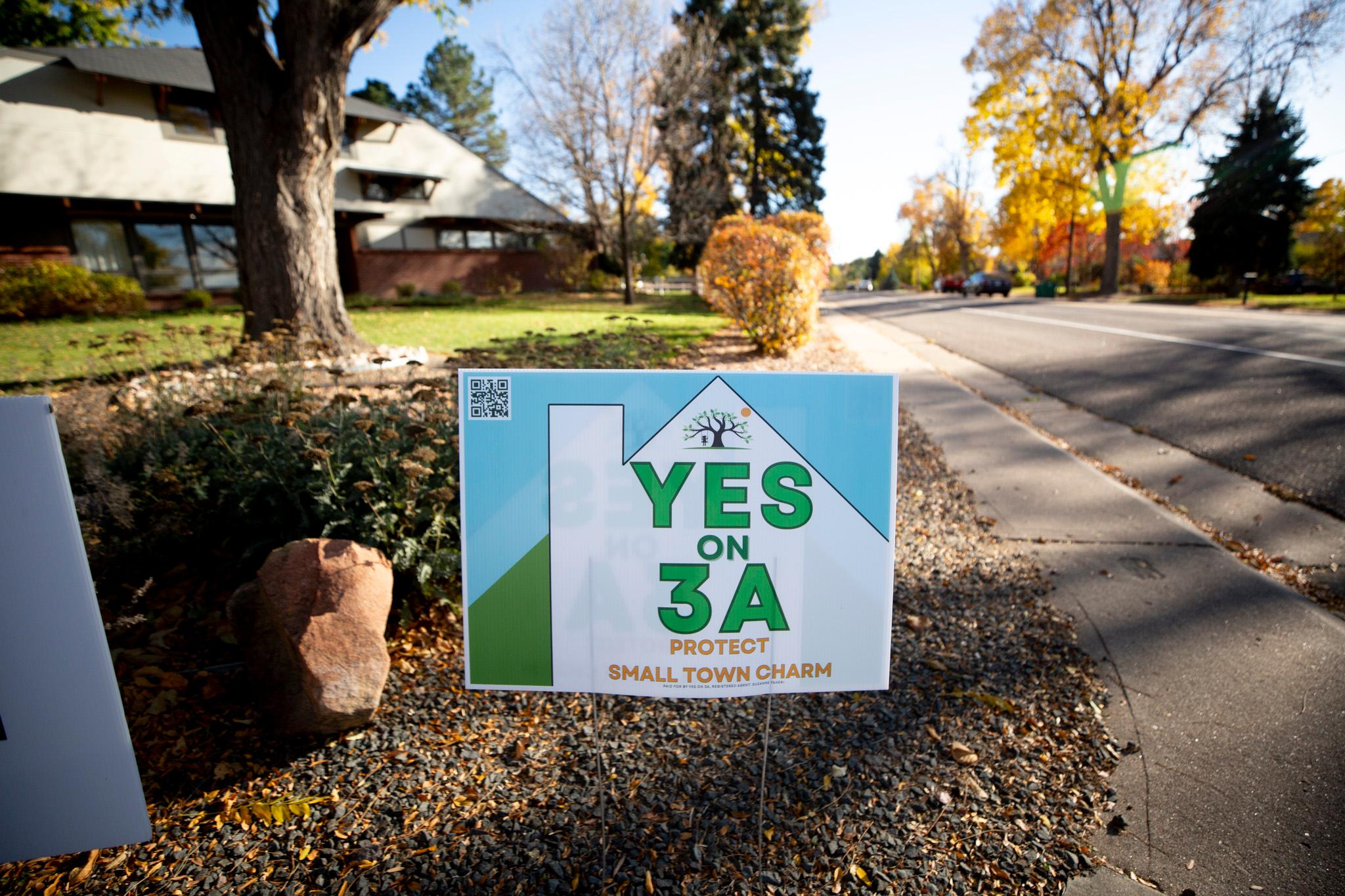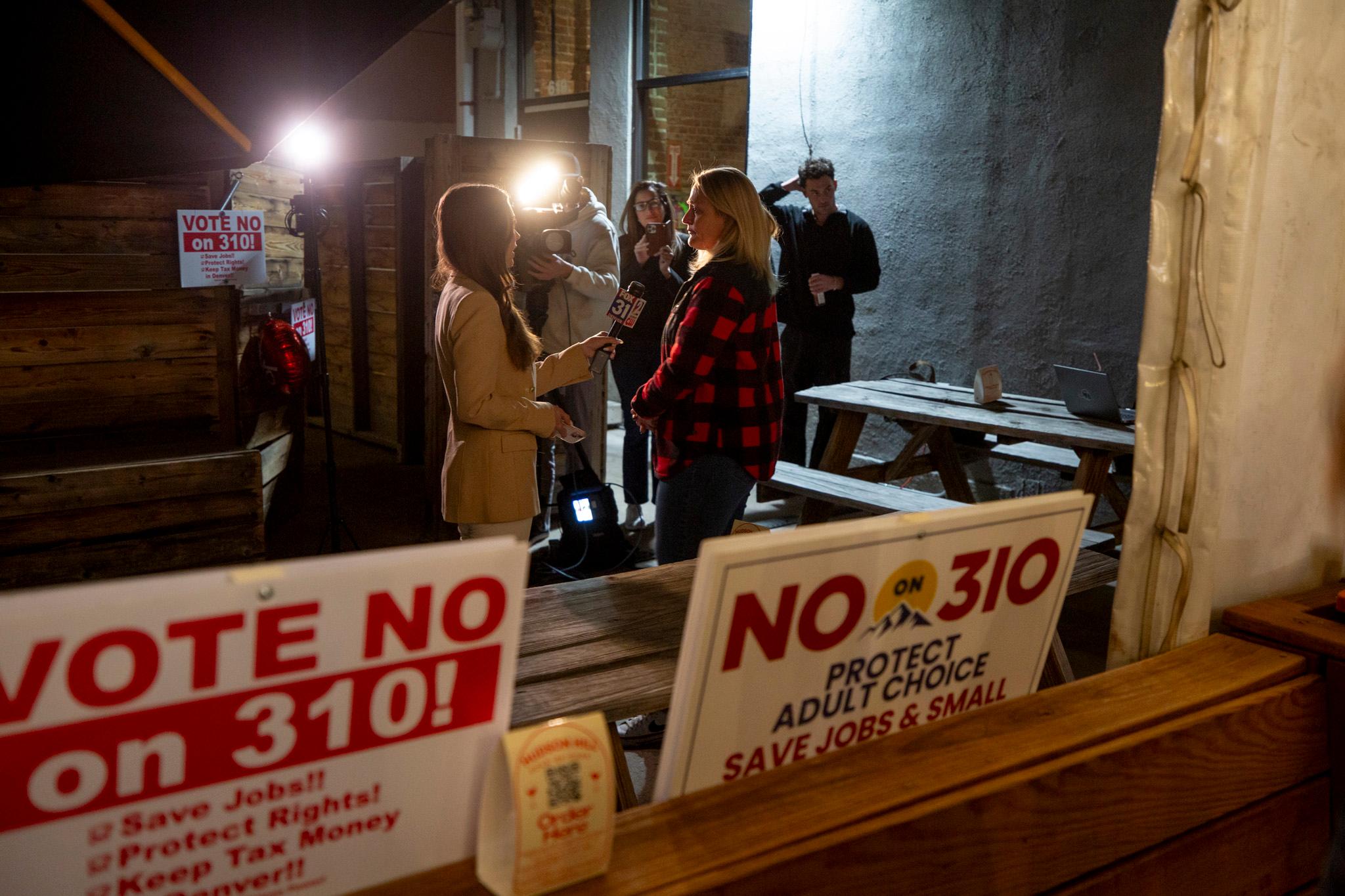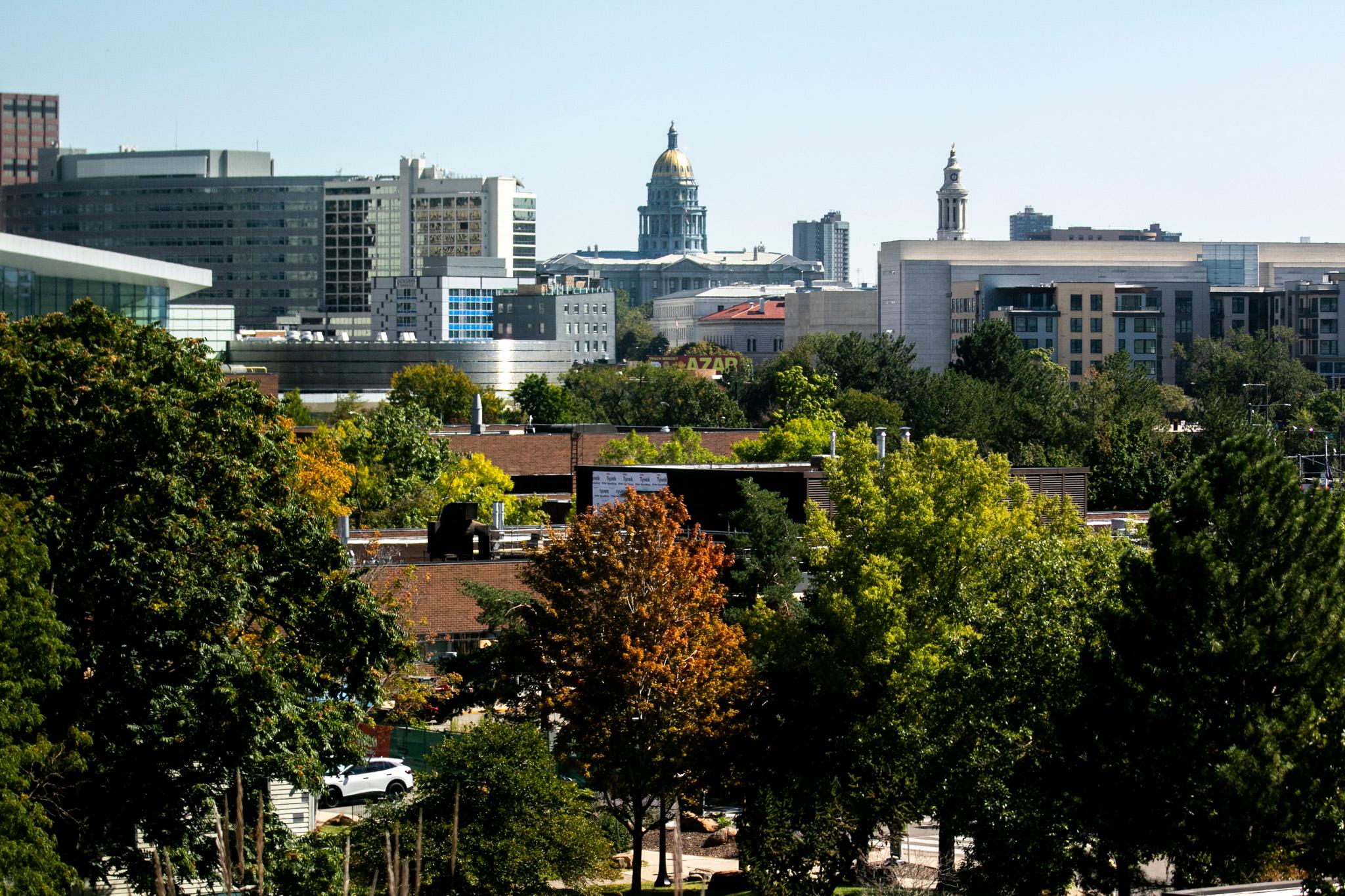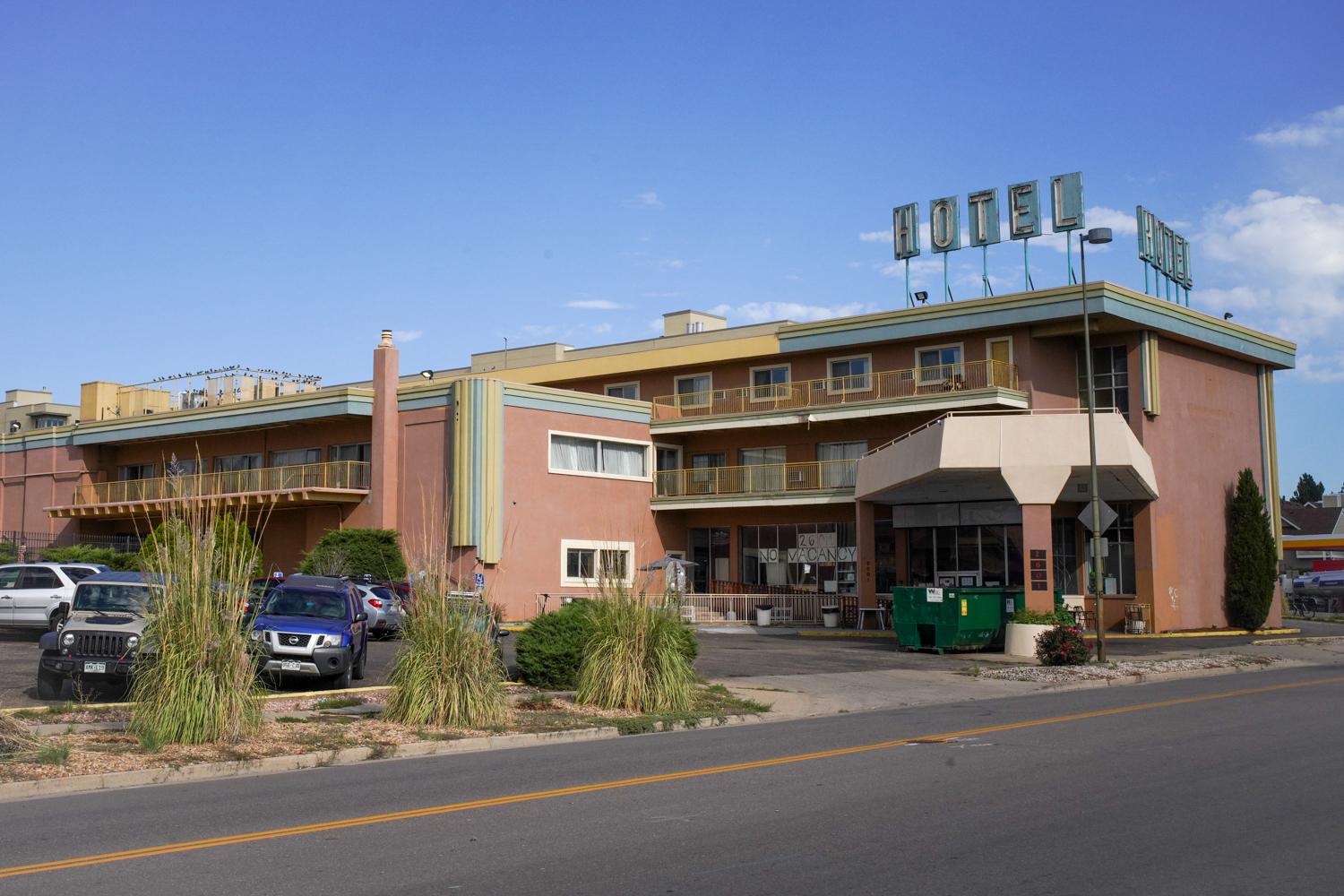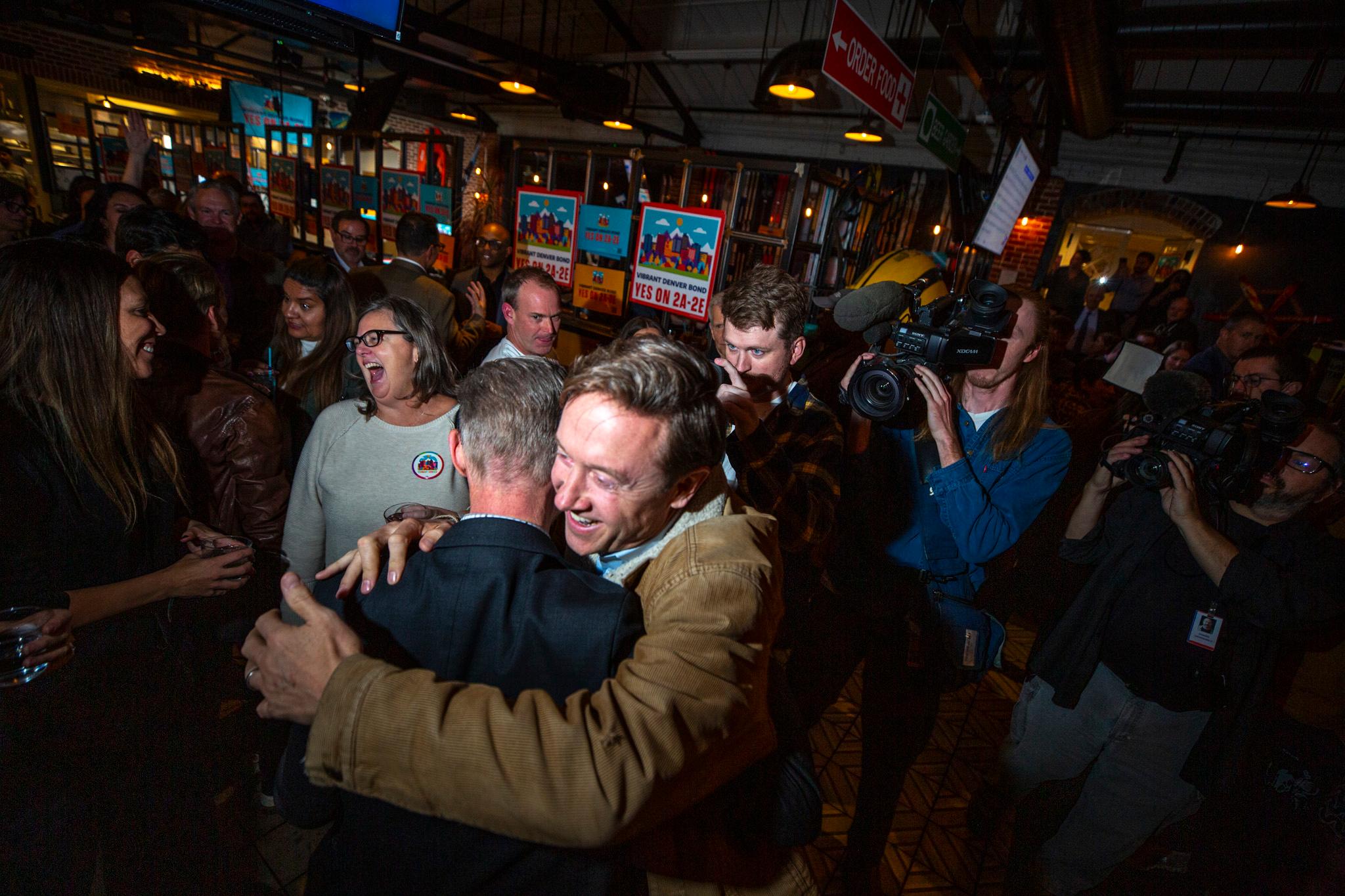Updated at 10:03 p.m. on Tuesday, Nov. 4, 2025
A proposed change to the Denver City Council’s at-large elections was leading in returns. As of 10 p.m., 56 percent of voters had supported the measure with more than 113,000 ballots counted.
Referred Question 2G would introduce significant changes for the council’s at-large seats, which represent the entire city instead of just a district.
The city has two at-large council seats. Currently, all the candidates for those seats run in a single race. The top two vote-getters take office.
The new process would create two separate races, A and B, with voters selecting only one candidate in each race. Candidates would have to earn at least 50 percent of the vote to win, with runoff elections if necessary. In the current system, candidates can take office with just less than 20 percent of the vote.
We’ve found Denver voters aren’t very interested in the question. But it’s been a heated debate on the city council and for political insiders.
Opponents of 2G argued the proposed change is an attack on progressive candidates and the two current progressive at-large council members, Sarah Parady and Serena Gonzales-Gutierrez. They argue the change could make campaigns more expensive and complicated. Candidates would need to win over more voters and prepare for a longer election with runoffs.
Supporters of 2G argue the current rules disenfranchise voters because many people do not realize they can vote twice on the same item. And as they see it, a majority win should be standard across all citywide races, forcing candidates to engage with more of the electorate. Denver’s other elections already require runoff elections and majority wins.
Councilmember Kevin Flynn, a champion of the initiative, also argues passing 2G would make it easier to defeat incumbents, who are difficult to unseat in the current system.
If 2G is defeated, the current system will stay in place.
The winner of the race may not be apparent for hours – or days. In recent off-year elections, an average of about 170,000 Denverites have voted. If that number holds, roughly 61 percent of ballots have been counted.
The fight to change the system.
The fight over 2G has been a divisive one on the council. Council members voted 7-6 to put the measure on the ballot, with the more progressive candidates opposing it.
Forward Denver, a group that helped unseat two left-leaning politicians in Denver, is one of the largest backers of the proposed changes.
In all, the 2G campaign had raised more than $220,000 in cash and in-kind donations. The anti-2G campaign has lagged behind with about $16,000 in donations.
Opponents of 2G, like Wynn Howell of the Working Families Party, point to “major corporate interests” pushing for the change to the rules.
“I think that’s less about ideology and more about corporate power and more about corporate special interests,” said Howell, the treasurer of the anti-2G campaign.
Supporters of 2G say it’s a common-sense change that has attracted support.
“As for the funding, I guess my reaction is so what?” 2G proponent Flynn wrote Denverite. “I’m a lifelong Democrat, and at the municipal level labels lose much of the meaning they have in D.C. If progressive candidates don’t think they can win a citywide majority, that’s on them. Frankly, I don’t see why they can’t.”
Neither side was planning an election party.
Voters weren’t very interested.
Denverite spoke to more than 20 residents on the street. Only three planned to vote in the 2025 election. We could not find one with an opinion on 2G. Even when we explained it, they insisted they didn’t care.
The city council just didn’t matter to most people we interviewed. Not one person could name a single city council member – much less muster an opinion about the rules for their elections. But if it passes, 2G could bring significant changes to Denver’s at-large elections.
Polls closed at 7 p.m. Denver Elections plans to stop counting ballots at midnight, and more results will be announced Wednesday.

